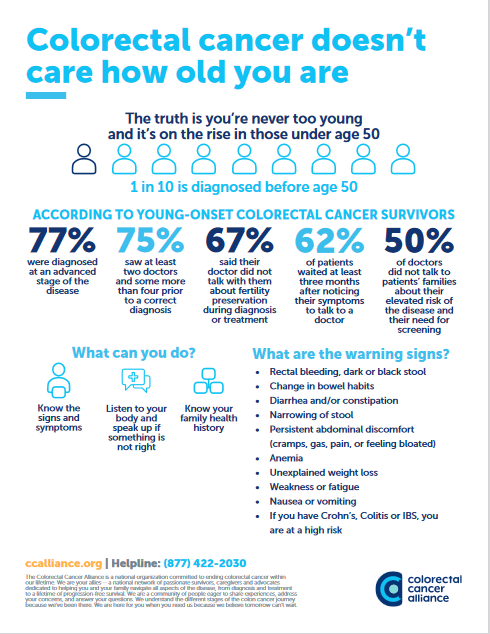Even if you or a close loved one have never been diagnosed with cancer, chances are we've all faced the strain of dealing with a serious illness in one form or another. Even just the fear of a potential serious health issue is enough to send anyone into a tailspin. As Christians, we know God is in control and trust that whatever comes, it is not only part of His plan, but He will carry us through it. Practically speaking, though, even the most faithful and optimistic of us still feels the strain of facing a battle with serious illness.
It's only been ten years, but I don't remember feeling quite this... tired the last time I was told I had cancer. Not really physically, but mentally and emotionally. Honestly, I'm struggling to not feel pointlessly guilty because Mark's going to have to go through this with me. If you read my thoughts during my breast cancer journey, I commented that I found it infinitely easier to be the patient than the caregiver. If you've never been either, let me assure you that being a caregiver for a cancer patient is exhausting in every conceivable way. It's a strain physically because you have to do twice as much as you're accustomed to doing. It's exhausting mentally and emotionally as well.
Cancer is a a monster, but so is the treatment for it. Chemo comes is too many forms to list. Every kind of cancer has it's own stable of chemotherapy drugs to fight it. None of the ones I'll be taking this time around are ones I took for the breast cancer. They come with entirely different potential side effects. Except for the nausea. That seems to be almost ubiquitous. Still, last time around, I had virtually zero issues with nausea. Never vomited once. Last time I had to have a port implanted in my upper chest because one of the drugs (adriamycin) was so caustic that it literally could destroy any tissue it came in contact with outside the main vein it was injected into. This time around, assuming my veins hold up, I won't even need a port at all.
The chemo protocol I'll be taking is called CAPOX. The CAP portion of the regimen is Capecitabine. It's given in pill form. Side effects include:
- stomach pain or upset stomach
- constipation
- loss of appetite
- change in ability to taste food
- increased thirst
- unusual tiredness or weakness
- dizziness
- headache
- hair loss
- skin rash
- back, join, or muscle pain
- red, swollen, itchy, or teary eyes
- trouble falling asleep or staying asleep
The OX portion of the regimen is Oxaliplatin. It's an iv infusion. Here's the basic list of side effects:
- numbness, burning, or tingling in the fingers, toes, hands, feet, mouth, or throat
- pain in the hands or feet
- increased sensitivity, especially to cold
- decreased sense of touch
- nausea
- vomiting
- diarrhea
- constipation
- gas
- stomach pain
- heartburn
- sores in the mouth
- loss of appetite
- change in the ability to taste food
- weight gain or loss
- hiccups
- dry mouth
- muscle, back, or joint pain
- tiredness
- anxiety
- depression
- difficulty falling asleep or staying asleep
- hair loss
- dry skin
- redness or peeling of the skin on the hands and feet
- sweating
- flushing
My treatment will involve a two-hour infusion of the Oxaliplatin at the infusion center and two weeks of taking Capecitabine by mouth twice a day. Then I will have a week "off" before returning to the Cancer Center to repeat the regimen. I'll do this four times, for a total of three months, if I don't have any serious issues with the protocol. If I react badly to the oral chemo, I'll have to switch to the iv version of the protocol, called FOLFOX, which would take a total of six months to complete.
The last time around, I prepared for all the worst case scenarios so that I wouldn't be caught off guard if they came to pass. I'll do the same this time while hoping and praying that things will not be as bad as the warnings say they can be. From discussions by countless other patients, I think it's a safe bet that the neuropathy (numbness, tingling, pain) in my hands and feet is pretty much a given. The severity is completely unpredictable, as it is different for everyone. The hand and foot syndrome (peeling of skin on hands and feet) is another issue that crops up. I've already started an intensive moisturizing campaign for both my hands and feet in the hopes of heading it off. Hair loss is actually fairly rare. Looks like I'll probably get to go through this without being bald, though that's honestly the one side effect I truly didn't care about. All things considered, being bald was the last thing on my mind.
As before, I'm weirdly most worried about the nausea. I absolutely loathe feeling queasy. I mean, of all the issues chemo and the array of treatments meant to counteract the side effects it causes can trigger, nausea is the one that I simply cannot abide. Last time around I had no issues. I felt mildly nauseated one time after treatment, took one tablet to counter it, and never had to take anything else for the duration of my treatment. God willing, this time around will go the same.





